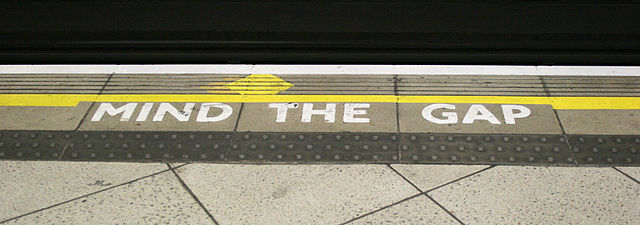The following was posted on Twitter just after 4 pm on Tuesday 8 March 2022 by Library and Archives Canada.
Misinformation is circulating that we are censoring or deleting historical documents, library materials or archival records. This is not the case, as doing so would go against every part of our mandate.
Here are the facts: We are not removing any historical documents or publications. You can still search all of our archival records and library materials in Collection Search.
We are making necessary updates and changes to many of our outdated web pages, which are completely separate from our historical collections. Like many interpretive texts written decades ago, older web content often does not hold up to today’s standards.
These are texts written about historical events and public figures that offer mainly colonial perspectives. For example, some fail to include Indigenous perspectives or do not address the legacy of certain policies, such as the Chinese Head Tax.
These web pages did not reflect the diverse realities of Canada, realities that are well preserved and protected in our actual collections.
Many Canadians object to seeing such outdated and imbalanced attitudes on a website of national scope. Web pages are not historical documents and should be updated when times change. This is why we took the step of removing some web pages.
It is worth noting that we manage a recognized Web and Social Media Preservation Program, which collects and preserves Government of Canada websites. Our websites are regularly captured through this program for preservation and research purposes.
Also, to be clear, any of our government-related activity is separate, and it is retained in our corporate repository according to Government of Canada information management specifications.
We are committed to delivering an updated website, so Canadians can access their history with helpful user information on our archival and library systems. We will work collaboratively with you as we improve our web presence to enable discovery of our rich collection.
COMMENT
LAC awoke!
Our past is a foreign country, still called Canada. They did things differently there. LAC has an obligation to preserve and make available all of Canada’s documentary heritage, including the content of its website, through time. That’s in contrast to the LAC view that “Web pages are not historical documents.” Web pages certainly are historical records, a government “publication” deserving of preservation to document the times, whether or not people now find it distasteful.
For Library and Archives Canada, according to its mandate, there is no more justification for promoting decolonized and woke perspectives through “interpretative texts” than there was for a colonial one.
Read the mandate!


 New from Pen and Sword,
New from Pen and Sword, 

 A year ago at RootsTech MyHeritage revealed animation of family photographs. Some thought it creepy, even scary.
A year ago at RootsTech MyHeritage revealed animation of family photographs. Some thought it creepy, even scary.